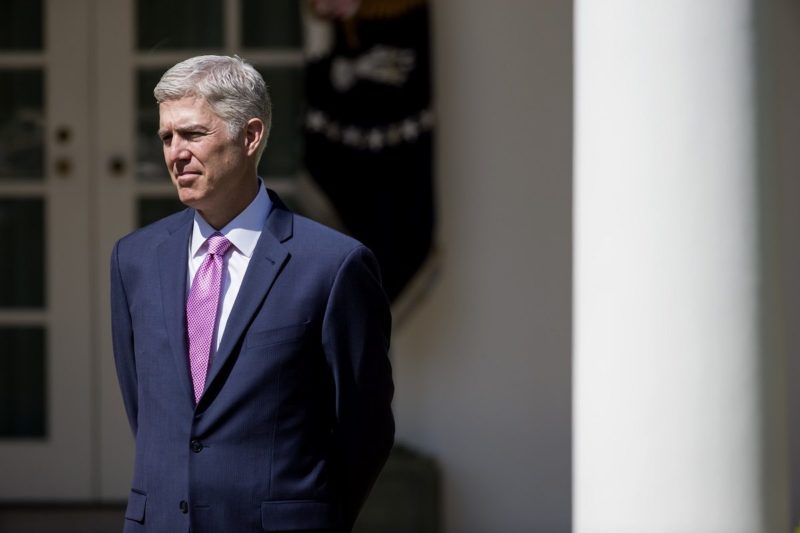Gavel Drop: When the New Kid on the Court Doesn’t Play Nice
Apparently, U.S. Supreme Court newbie Neil Gorsuch didn't get the memo about how to behave as a justice. The Capitol Hill rumor mill says his colleague Elena Kagan isn't pleased.

Welcome to Gavel Drop, our roundup of legal news, headlines, and head-shaking moments in the courts.
Slate‘s Mark Joseph Stern reports on the bombshell rumors that there’s an ongoing feud between Supreme Court Justice Elena Kagan and new Justice Neil Gorsuch. Gorsuch has replaced Kagan as the most junior member of the Court, but he doesn’t seem to have figured out how to win friends and influence people quite yet.
The U.S. Supreme Court declined to take up a fight over a Ten Commandments monument on the city hall lawn in Bloomfield, New Mexico. Both the district court and the federal appeals court ordered the monument removed because it violated the First Amendment’s Establishment Clause. The Gorsuch Court didn’t give a reason for not taking up the case, but that’s customary.
The Supreme Court also refused to revive a $4.5 million dollar Title IX jury award to a Texas student who was sexually abused by an elementary school administrator for several years. Education Week reported, “The justices declined without comment to take up the appeal of Adrian Salazar, whose 2015 jury award was overturned by a federal appeals court earlier this year.”
Meanwhile, Texas Attorney General Ken Paxton has asked the U.S. Supreme Court to step into the redistricting fight there. Marni von Wilpert writes for the Economic Policy Institute’s Working Economics Blog that the U.S. Supreme Court heard oral arguments in Murphy Oil v. National Labor Relations Board (NLRB), a case which will determine whether workers should have to sign away their rights to sue their employer by signing mandatory employment arbitration agreements. As von Wilpert notes, arbitration is often forced on employees to prevent them from suing their employers in court should they have grievances, which can make obtaining justice iffy at best for women suffering workplace gender discrimination.
The ACLU of Montana filed a lawsuit arguing that a proposed ballot initiative would discriminate against transgender people by preventing them from using public bathrooms and locker rooms that align with their gender identity.
Terri Bruce, a transgender man, has filed a lawsuit arguing that South Dakota’s state employee health plan violates the 1964 Civil Rights Act and the U.S. Constitution because it excludes coverage of services for gender dysphoria treatment.
Acting Equal Employment Opportunity Commission Chair Victoria Lipnic said in remarks at the annual meeting of the Association of Corporate Counsel that the U.S. Supreme Court should resolve the question of whether Title VII prohibits discrimination on the basis of sexual orientation. The EEOC’s position—that it should—conflicts with the Department of Justice position under Jefferson Beauregard Sessions III that it shouldn’t.

